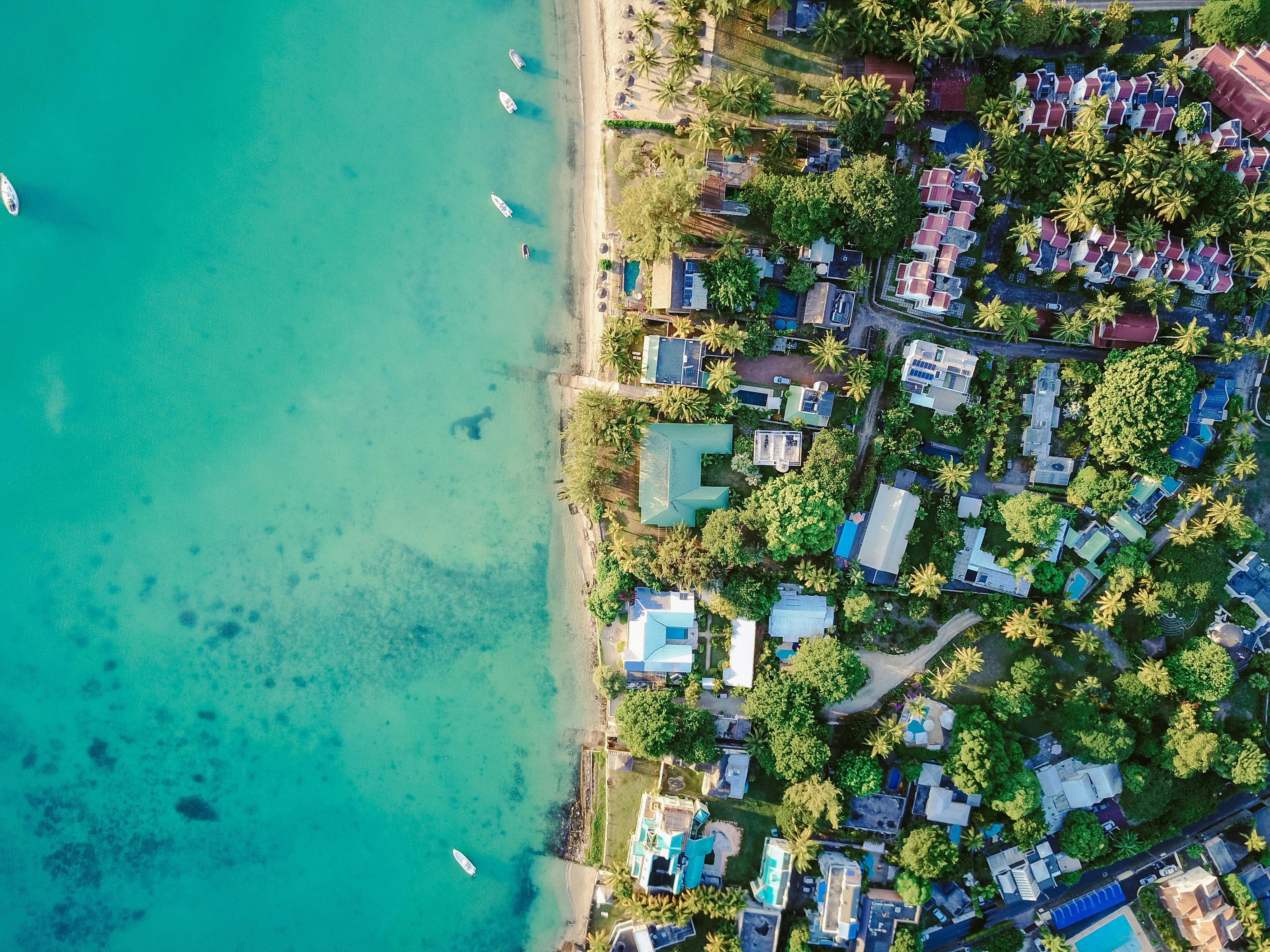Sweden announces USD$3.65 million climate finance support to five Asia-Pacific countries in partnership with UNDP, UNCDF
July 17, 2023

The Swedish International Development Cooperation Agency (Sida) announced a USD$3.65 million programme to support five Asia-Pacific countries in their efforts to overcome the impacts of climate change, in collaboration with UNDP and the United Nations Capital Development Fund, UNCDF.
The proposed ‘Strengthening the Governance of Climate Finance to Promote Inclusive Climate Resilience in Asia Pacific’ programme aims to improve how Least Developed Countries (LDCs) including Small Island Developing States’ (SIDS) effectively mobilise, manage and utilise climate finance for improved climate action.
Asia and Pacific region includes 13 of the 30 countries most vulnerable to the impacts of climate change. Without interventions an additional 7.5 million people could be pushed into poverty due to climate impacts by 2030 according to recent predictions by the World Bank.
Through an earlier Sida supported Governance of Climate Change Finance project, UNDP has been able to put in place clear tools and methodologies for integrating gender responsive climate change aspects into budgeting and planning.
Mainstreaming climate change in planning and budgeting has had wider policy impacts and positive spinoffs. The climate budget tracking system enabled Indonesia to select green projects to be supported from the proceeds of their Green Sukuk sovereign bond. Bangladesh, Cambodia and a number of Pacific Island countries have benefited in similar ways.
The programme will support five countries five countries: Bangladesh, Cambodia, Nepal, the Solomon Islands and Tuvalu. By combining the expertise of UNDP and UNCDF the programme will ensure targeted capacity building support and technical assistance in making the gender responsive climate change related public investments more robust and helping in leveraging alternate sources of finance for climate actions to achieve the Nationally Determined Contributions (NDC).
“We are delighted to expand our partnership with the Government of Sweden whose support has been central in enabling many countries in Asia-Pacific to integrate climate change into national planning and budgeting processes,” said Christophe Bahuet, Deputy Regional Director for Asia-Pacific and Director of the Bangkok Regional Hub.
“By integrating climate actions into their plans and budgets and with sufficient funding, countries can effectively address climate change, reduce emissions, and become more resilient,” Mr Bahuet said.
AnnaMaria Oltorp, Head of Development Cooperation Regional Asia Pacific for Sida said, “The collaboration with UNDP on governance of climate finance and to promote inclusive climate resilience has showed important results. Previously targeted countries are in a better position to mainstream gender responsive climate change into planning and budgeting, and people living in poverty are benefitting from improved resilience to climate change. The new phase aim to consolidate, deepen and scale up the work in least developed countries. We are happy to develop our partnership further by also welcoming UNCDF into the collaboration in order to build on the expertise that UNCDF brings from their work at the sub¬national level.”
“UNCDF designed the Local Climate Adaptive Living Facility over ten years ago as a means of channeling climate finance to local governments for locally led adaptation to climate change,” said David Jackson, Director of Local Transformative Finance at UNCDF. “Today the LoCAL approach is delivering much needed adaptation results across the world, in countries that have contributed the least to the climate crisis and have limited resources to adapt to its devastating consequences.”
The LoCAL Facility is being implemented or designed for implementation in 34 countries across Africa, Asia, the Caribbean and Pacific - including Bangladesh, Cambodia, Nepal, Solomon Islands and Tuvalu.
All countries are on the climate change frontline with limited means to invest in adaptation and resilience building. A major increase in climate finance is required to prevent a further warming of 1.5°C and protect the most vulnerable communities from the impacts of climate change.
In 2009 at the UN Climate Change Conference in Copenhagen, developed countries pledged to channel US$100 billion a year to developing countries by 2020, to help them adapt to climate change and mitigate further rises in temperature.
But research suggests that climate finance is still not reaching developing countries at the scale required for meaningful impact, and a large share of climate finance has been focused on mitigation (efforts to reduce carbon emissions) rather than adaptation which focuses on enabling countries and communities tackle the impacts of climate change. It is estimated that annual adaptation needs are USD 160-340 billion by 2030 and USD 315-565 billion by 2050 (UNEP Adaptation Gap Report 2022).
Nationally Determined Contributions (NDCs) – efforts to reduce national emissions – and national adaptation plans (NAP) are central in efforts to tackle climate change in line with the Paris Climate Accord of 2016. The programme will make efforts to work with the Ministries of Finance and other stakeholders to gear and mobilise resources and align the finances to meet the financing for achieving the NDCs and NAPs.

 Locations
Locations


